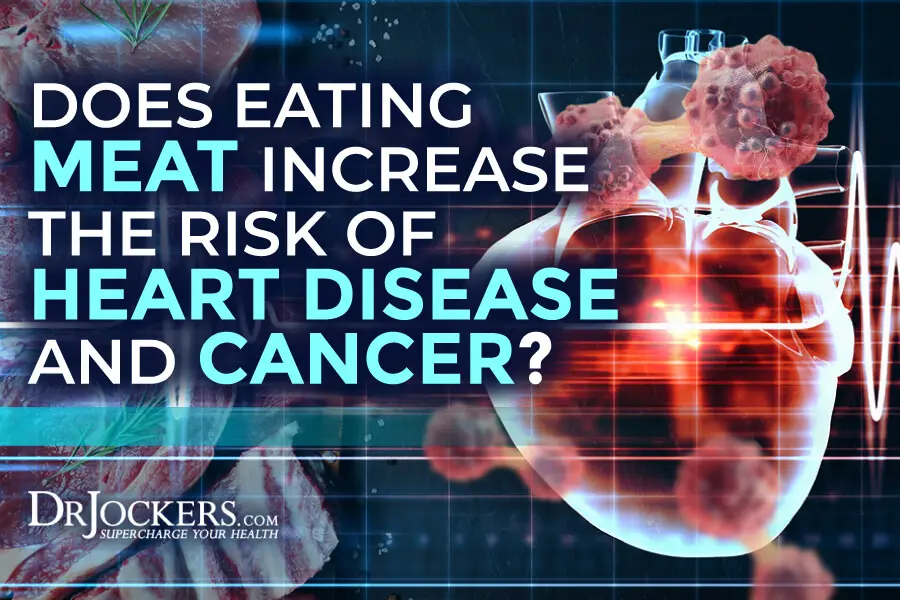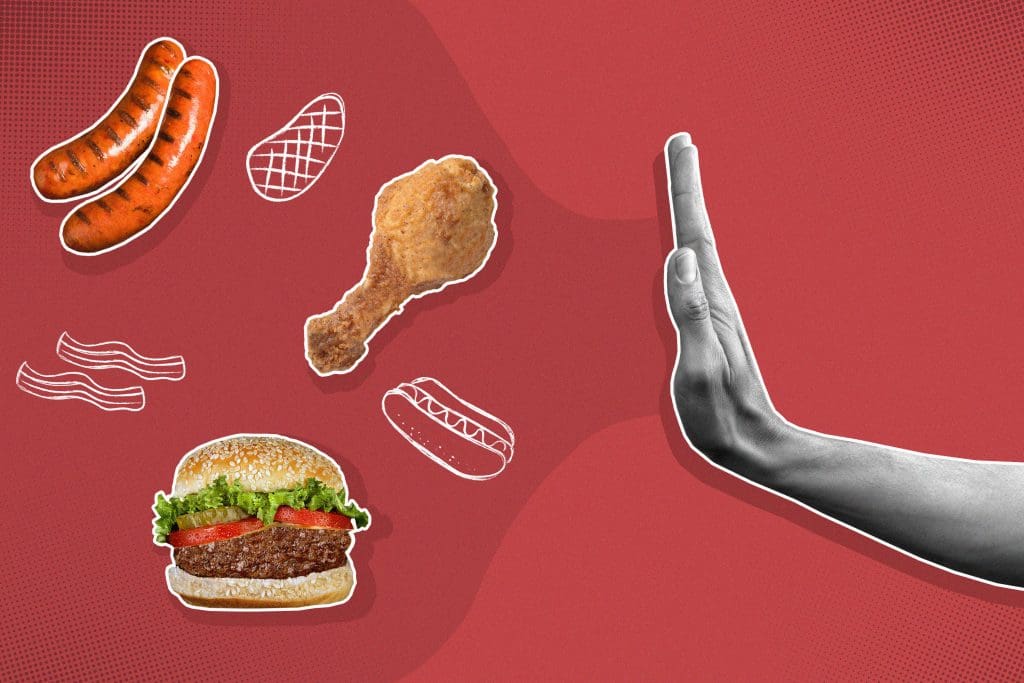Welcome to our blog! Today, we’re delving into a topic that might leave some of you feeling a little uneasy: the health risks of eating meat. We understand the cultural significance and dietary preferences associated with consuming meat, but it’s important to explore the potential dangers it poses to our health. From cancer to heart disease, let’s take a closer look at the risks involved in indulging in our carnivorous cravings.

Dietary factors influencing heart disease
Heart disease is a leading cause of death worldwide, and the consumption of meat plays a significant role in this epidemic. Saturated fats and cholesterol found in meat, particularly red and processed meats, can have detrimental effects on our cardiovascular health.
Consuming excessive amounts of saturated fats can lead to elevated cholesterol levels, which contribute to the development of heart disease. Additionally, animal protein present in meat has been linked to inflammation and oxidative stress, both of which are damaging to our cardiovascular system. Therefore, keeping a close eye on our meat intake is crucial in maintaining heart health.
1. Saturated Fats and Cholesterol Overload
One of the primary ways meat impacts heart health is through its high content of saturated fats and cholesterol.
- Saturated Fats: Found abundantly in red meats like beef, lamb, and pork, saturated fats can raise LDL (bad cholesterol) levels in the bloodstream. Elevated LDL cholesterol can lead to the formation of plaque in arteries, restricting blood flow to the heart and increasing the likelihood of a heart attack.
- Dietary Cholesterol: Animal products also contribute to dietary cholesterol, which, when consumed in excess, exacerbates arterial blockages. While the body produces its own cholesterol, adding more through meat-heavy diets can strain cardiovascular health.
2. Processed Meats: A Recipe for Heart Disease
Processed meats such as bacon, sausages, and deli meats are particularly harmful. These products are often loaded with:
- Sodium: Excessive salt in processed meats contributes to high blood pressure, a major risk factor for heart attacks.
- Nitrites and Nitrates: These chemical preservatives, used to extend shelf life and enhance flavor, can damage blood vessels and increase oxidative stress, further compounding cardiovascular risks.
3. Inflammation and Heart Health
Meat-heavy diets, particularly those rich in saturated fats and processed meats, are known to promote chronic inflammation in the body. This persistent low-grade inflammation can:
- Weaken arterial walls, making them more susceptible to damage and plaque buildup.
- Contribute to atherosclerosis, where arteries become clogged, leading to restricted blood flow and potential heart attacks.
4. TMAO: The Hidden Heart Risk
Meat consumption can also lead to the production of trimethylamine N-oxide (TMAO) in the gut. When certain gut bacteria break down components of red meat, such as carnitine, they produce TMAO, which:
- Promotes cholesterol deposition in arteries.
- Enhances blood clot formation, increasing the risk of heart attack.
Relationship between processed meats and health risks
We all love those mouthwatering bacon strips or indulging in a hot dog at a picnic, but it’s important to be aware of the dangers associated with processed meats. Bacon, sausages, and hot dogs are notorious for their potential adverse health effects.
Processed meats often contain high levels of sodium, nitrates, and various additives. The excessive intake of these components has been linked to an increased risk of cardiovascular problems, including stroke, and can even contribute to the development of diabetes. Taking a step back and reevaluating the amount of processed meat we consume can greatly reduce these risks.
The importance of balance and moderation
While it’s easy to get caught up in the negative aspects of meat consumption, it’s important to remember that balance is key. Completely eliminating meat from our diet may not be practical or desirable for everyone, but making mindful choices is essential for overall health and wellbeing.

Fortunately, there are alternatives to meat that can provide the necessary nutrients our bodies need. Plant-based proteins, such as legumes, tofu, and tempeh, can be fantastic substitutes that offer numerous health benefits. Incorporating more plant-based meals into a meat-based diet is a simple yet effective way to reduce the health risks associated with meat consumption.
Conclusion
As we wrap up our exploration of the health risks of eating meat, it’s important to be informed and make choices that align with our own personal wellbeing. The evidence linking meat consumption to cancer and heart disease should encourage us to approach our diet with caution.
Remember, it’s about finding a balance that works for you. Whether that means reducing your meat intake, exploring plant-based alternatives, or simply being more mindful of your cooking methods, every step towards a healthier lifestyle is a step in the right direction. Your heart will thank you!
















































